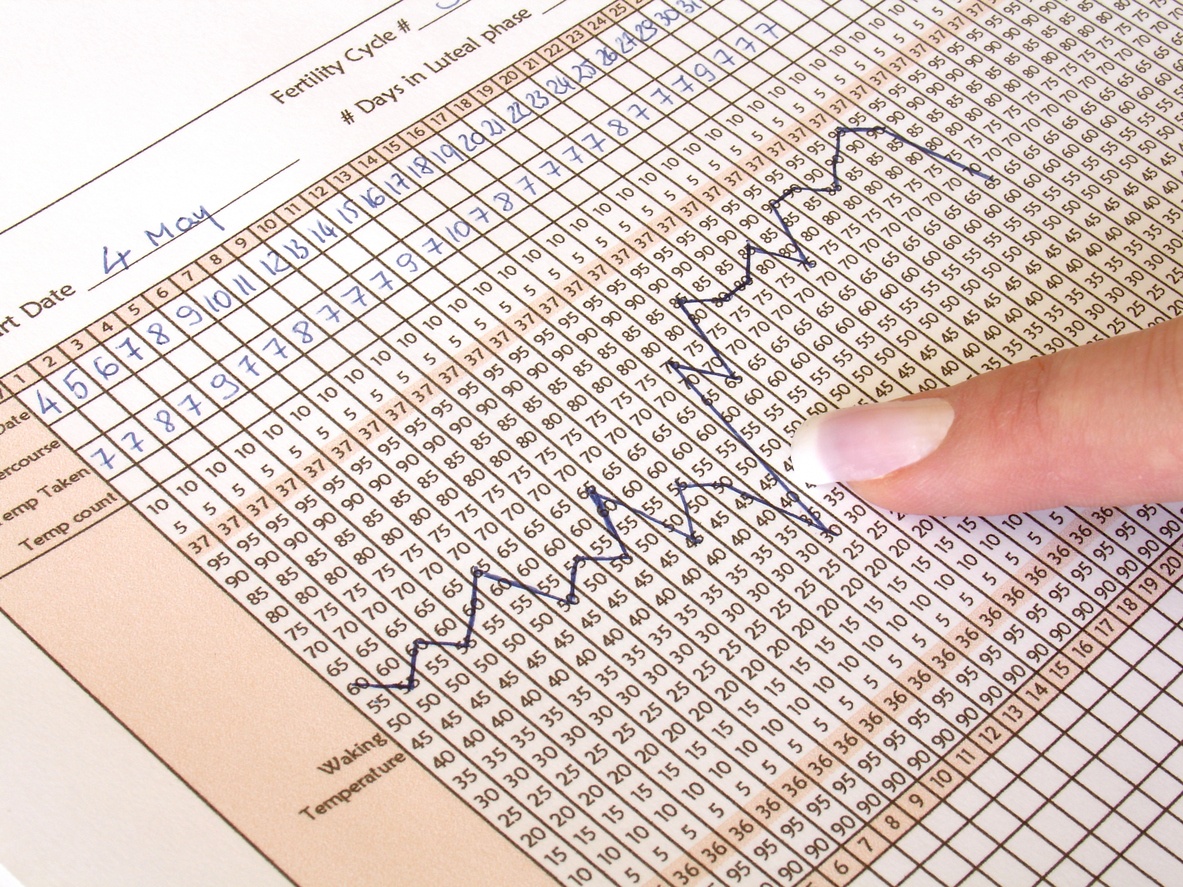Are You a good candidate for Ovulation Induction?

Infertility is often caused by disorders interfering with the ability of a woman to ovulate. Polycystic ovary syndrome, diabetes, stress and hormone imbalance are common causes of anovulation. Following a fertility evaluation, women found to have problems ovulating may be prescribed ovulation induction medications for enhancing fertility by stimulating the production of viable eggs. In some cases, a fertility doctor may complement ovulation induction with IUI (intrauterine insemination) or IVF (in vitro fertilization) to further improve a woman's chance of conceiving.
Who are Good Candidates for Ovulation Induction?
Women with infrequent ovulation, anovulation or unexplained infertility even though they ovulate regularly benefit the most from ovulation induction. Women with the following ovulatory disorders are also good candidates for ovulation induction:
- Polycystic ovary syndrome (a Class II ovulation disorder indicating levels of pituitary and estrogen hormones are normal but ovulation fails to occur)
- Diminished ovarian reserve (a Class III ovulatory disorder affecting women with excessively high levels of FSH and luteinizing hormone. This happens primarily in women over 35 as their fertility starts to decline and LH/FSH output is attempting to compensate for the loss of fertility)
- Hypothyroidism combined with high prolactin levels (a Class IV ovulatory disorder resulting from low FSH)
How Does Ovulation Induction Therapy Work?
Enhancing fertility through ovulation induction begins with a doctor prescribing a specific oral medication to enhance the development of one or more mature eggs. Monitoring of egg development in the follicles is done using a transvaginal ultrasound. When the follicles are the right size to hold a developed egg, your doctor will administer an injection to trigger ovulation. The goal is to ensure ovulation happens at the same time sperm reaches the egg.
What are Commonly Prescribed Ovulation Induction Drugs?
If a woman's fertility evaluation indicates abnormal ovulation is the cause of her infertility, her doctor may prescribe one of several ovulation induction drugs to induce ovulation.
Clomid
The most commonly prescribed is Clomid, an oral medication that blocks estrogen receptors to "trick" a woman's body into making more follicle stimulating hormone. FSH is essential for healthy functioning of the ovaries as well as a man's testes. In addition to increasing production of estradiol, FSH also promotes ovarian follicle growth prior to the release of one egg from a single follicle during ovulation.
Injectable Hormones
When Clomid doesn't work by itself, fertility physicians may prescribe injectable hormones to stimulate ovulation. Some of these include human chorionic gonadotropin, human menopausal gonadotropin and gonadotropin-releasing hormone.
If you are interested in having a professional fertility evaluation or want to learn more about ovulation induction, schedule an appointment today at New York Reproductive Wellness.







